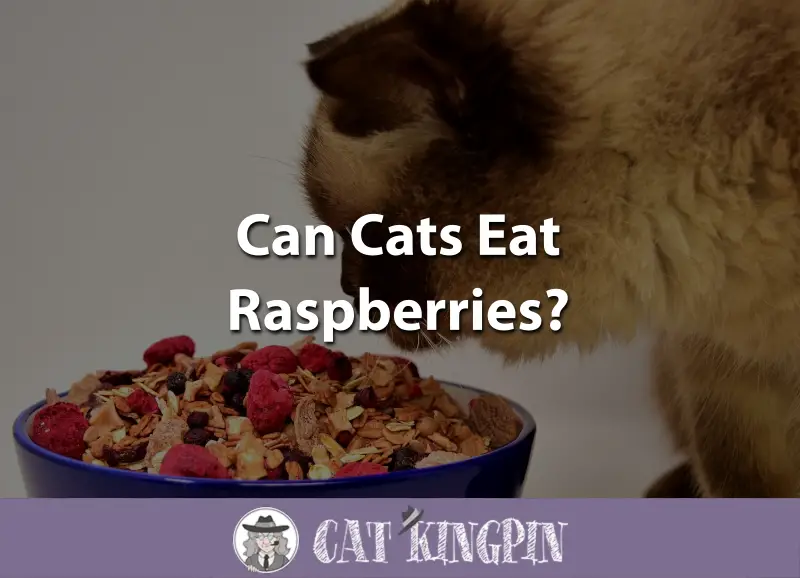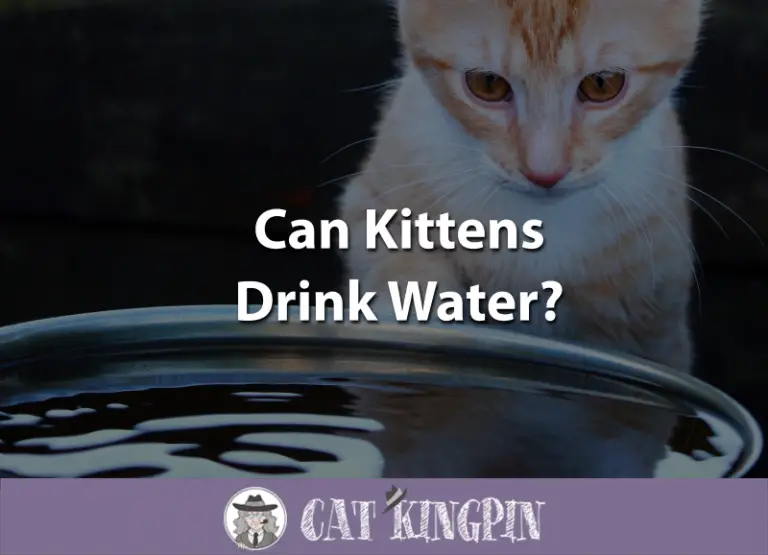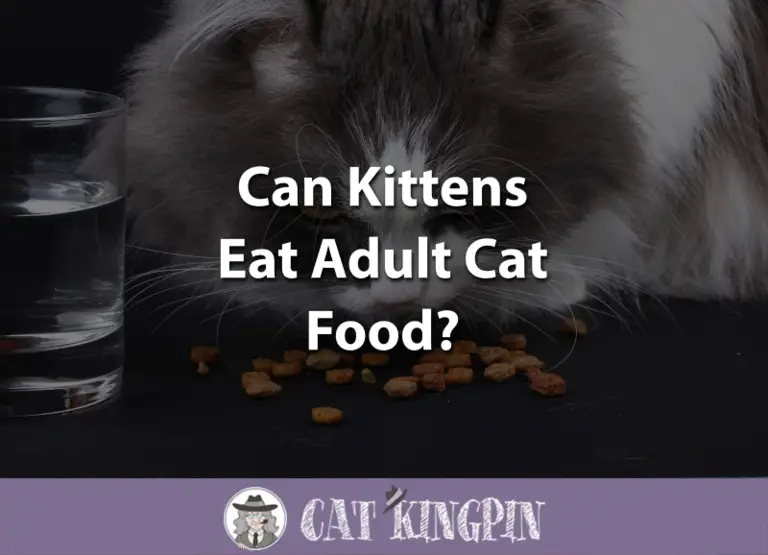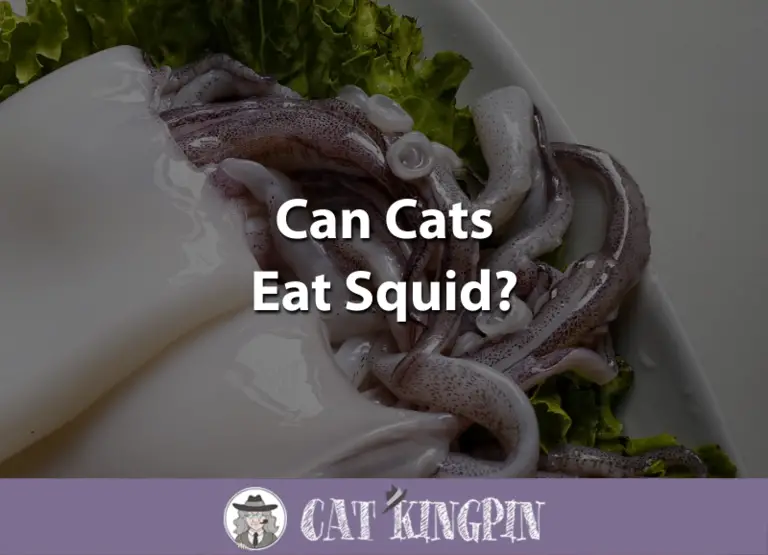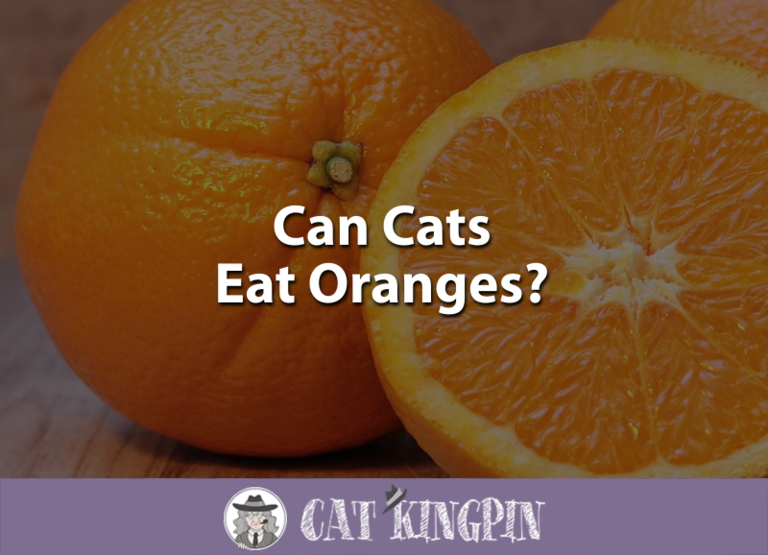Can Cats Eat Raspberries?
Raspberries are one of the top ten most popular fruits consumed in the United States. Eaten fresh, frozen, or in jams and preserves, raspberries are a tasty and versatile fruit that are even used in popular liqueurs.
Moreover, raspberries are great for you since they’re full of essential vitamins and minerals. Since raspberries are so healthy for people, you may be wondering: can cats eat raspberries?
For the most part, cats can have small amounts of raspberries from time to time. However, as we’ll see, they aren’t really a health food for cats like they are for people.
In this article we’ll cover the following;
- Cats and Raspberries, What You Need to Know
- Can Cats Eat Raspberries?
- Can Kittens Eat Raspberries?
- Benefits/Drawbacks to Cats Eating Raspberries
- Healthy Alternatives to Raspberries for Cats
Cats and Raspberries, What You Need to Know
Raspberries are the cultivated fruit of a domesticated flowering plant that’s part of the rose family. Archeological evidence shows raspberries were eaten by prehistoric humans and have been cultivated since at least the 4th century.
Raspberries, like strawberries and blackberries, are not actually berries, but are aggregate fruits. Unlike true berries, raspberries actually contain many seeds in one fruit.
Raspberries are considered to be a healthy food for people. They contain high levels of vitamin C and manganese, along with lesser amounts of many other nutrients.
As far as cats go, many do enjoy the taste of raspberries, as we can see in this video:
Can Cats Eat Raspberries?
It’s safe for your cat to eat raspberries in moderation.
The more important question is whether or not raspberries are healthy for them. The truth is that while they’re almost never harmful, cats don’t really get many health benefits from eating raspberries.
This is because cats are obligate carnivores. All they really need is meat. While raspberries do contain vitamins and antioxidants, cats actually aren’t good at deriving nutrition from plant-based foods.
You’ve much better off feeding your cat meat-based treats that contain bits of fruit, like Wellness Kittles Salmon and Cranberry Cat Treats.
While a lot of cats do enjoy the smell and occasional taste of raspberries, some cats seem to get pretty offended when you try to give them one:
Okay, different type of raspberry. The point is that there are certain things cats hate.
Can Kittens Eat Raspberries?
Kittens tend to be even more susceptible than adult cats. They’re more prone to indigestion and diarrhea if they eat too much of something. Besides that, any pathogens contaminating raspberries are more likely to affect a kitten than an adult cat.
Furthermore, since kittens don’t have as much experience with different food items, they should be monitored when eating raspberries to make sure they don’t choke on them.
When it comes to kittens, it’s always best to stick to a high-quality kitten food which they can derive all of their nutrients from, like Blue Wilderness Kitten Food.
Benefits/Drawbacks to Cats Eating Raspberries
Even though cats can eat raspberries, are they good for cats?
For people, ‘health foods’ supply nutrients that are essential for our well-being. Many times, cats don’t require the same dietary sources of specific nutrients that people rely on.
For example, all mammals need sufficient vitamin C to survive, and most manufacture it in their livers. Because humans don’t produce enough vitamin C in their livers, they must eat vitamin C-rich foods or they’ll get scurvy.
Cats, on the other hand, make plenty of vitamin C in their own livers, so they don’t need to eat raspberries to get enough vitamin C. It won’t hurt a cat to get a little extra of these water soluble vitamins; they just don’t need it.
Similarly, raspberries contain fiber, and cats don’t need fiber in their diet. In fact, food containing fiber can have a laxative effect on cats.
Another potential drawback to feeding your cat raspberries is that it is that there have been rare cases of allergic reactions in humans after they ate raspberries. This includes anaphylaxis, a serious allergic reaction that can result in loss of blood pressure and breathing difficulties.
Although similar anaphylactic reactions to raspberries in cats are not well-documented, food allergies are not uncommon for our feline friends. In fact, food allergens are the third most common cause of allergies in cats.
Symptoms of food allergies in cats include itchy and irritated skin, vomiting, and diarrhea in 10 to 15 percent of affected cats. If you think your cat is having an allergic reaction from eating raspberries, take them to your veterinarian immediately.
Finally, while raspberries are not toxic to cats, foodborne pathogens such as E. Coli, Norovirus, and Salmonella have been found as contaminates on raspberries.
While Salmonella doesn’t seem to affect cats as severely as humans, they can still suffer from a variety of symptoms when sickened by the bacteria, including:
- High fever
- Lack of appetite
- Vomiting
- Diarrhea
- Abdominal pain
- Dehydration
In severe cases, life-threatening septicaemia and endotoxemia may develop. Infection with E. coli, known as Colibacillosis, produces similar symptoms to Salmonella poisoning and is primarily seen in young cats, but can also affect older cats, though usually not as severely.
To be safe, make sure you thoroughly wash raspberries before giving it them to your cat.
Healthy Alternatives to Raspberries for Cats
Although you can certainly give your cat a taste of your raspberries every once and a while, there’s really no need to. There are plenty of healthy alternatives for your cat to enjoy.
As an alternative to fresh raspberries, you can try cat foods such as Farmina Natural or FirstMate Pet Foods Renaissance.
Berries are also used in Solid Gold Strawberry Balance Supplements and Uri Natural Care For Cats made just for your cat.
So, Can Cats Eat Raspberries?
Cats are fine to have a small amount of raspberries from time to time. Just make sure you thoroughly wash them before giving them to your cat.
As long as your cat’s diet is primarily well-balanced cat foods like those listed above, a little variety can be a fun way to spice up your cat’s life!
If you have any questions or would like to share a story about your cat eating, or just playing with raspberries, please tell us in the comments below. We’d love to hear from you!

